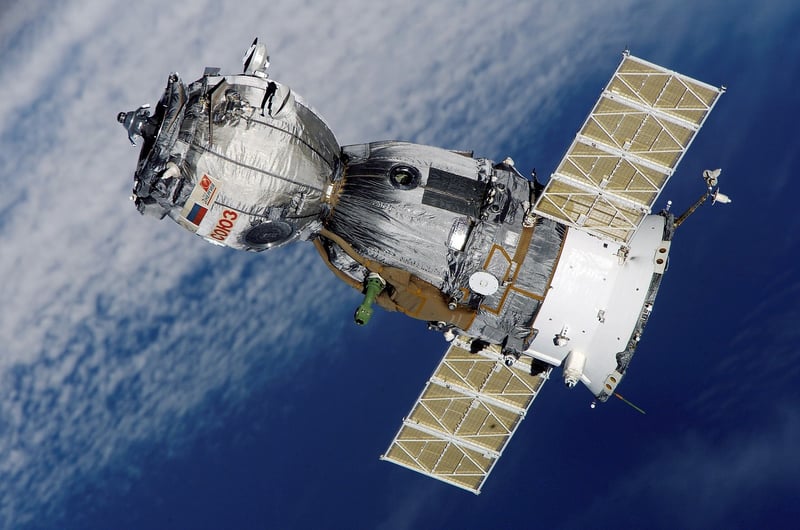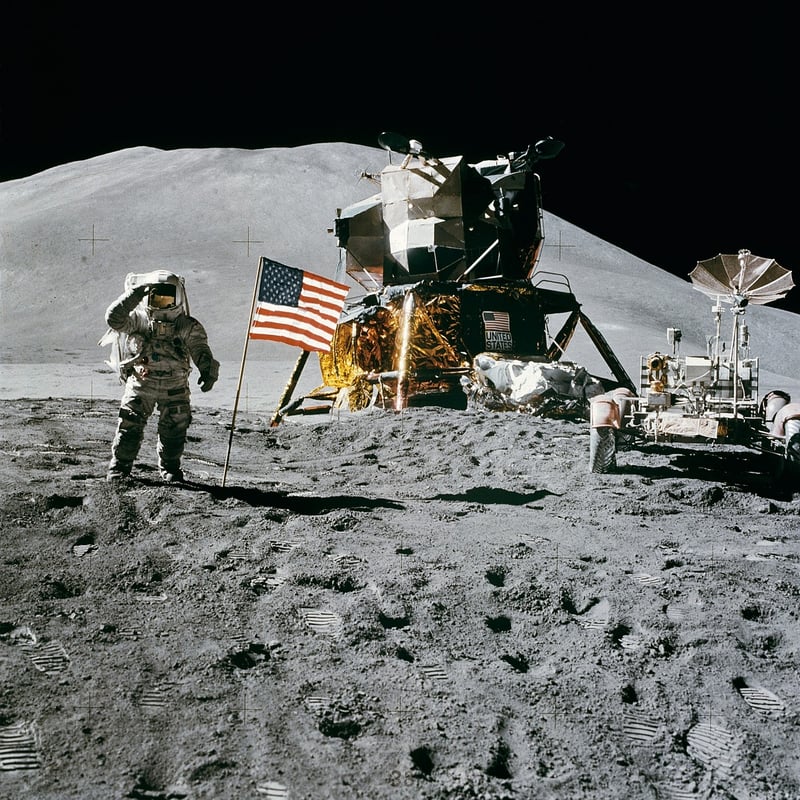Space Explorer
Unlocking the Universe: A Guide to Becoming a Space Explorer

Introduction to Space Exploration
Space exploration has always captured the imagination of humanity. The idea of venturing beyond our planet and discovering the mysteries of the universe has inspired countless individuals to pursue careers as space explorers.
Skills Required
To become a successful space explorer, you will need a combination of technical skills, physical fitness, mental resilience, and a passion for discovery. Some key skills include:
- Advanced knowledge in science, technology, engineering, or mathematics (STEM)
- Excellent problem-solving abilities
- Effective communication skills
- Physical endurance and adaptability
- Ability to work in a team under extreme conditions
Education and Training
Most space explorers have backgrounds in engineering, physics, astronomy, or related fields. Pursuing advanced degrees such as a Master's or Ph.D. can enhance your prospects in the field. Additionally, gaining experience through internships or research projects with space agencies can provide valuable hands-on training.
Career Paths
There are various career paths within space exploration, including:
- Astronaut: Travel to space, conduct experiments, and contribute to scientific research.
- Aerospace Engineer: Design spacecraft, rockets, and other equipment for space missions.
- Astrophysicist: Study the physics and properties of celestial bodies and phenomena.
- Mission Control Specialist: Monitor and support space missions from the ground.
Conclusion
Becoming a space explorer is a challenging yet rewarding career path for those who are passionate about space and discovery. By acquiring the necessary skills, education, and experience, you can embark on a journey to unlock the mysteries of the universe and push the boundaries of human exploration.
Are you ready to reach for the stars?

